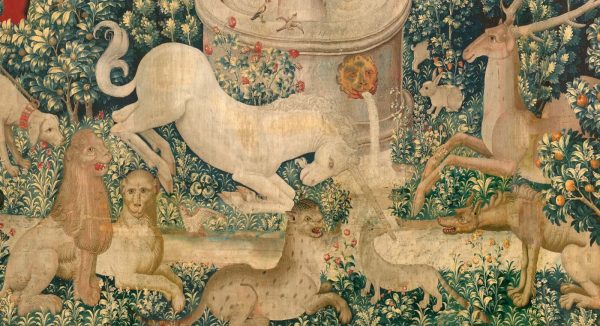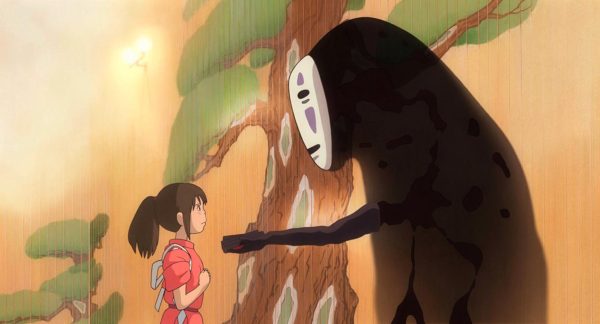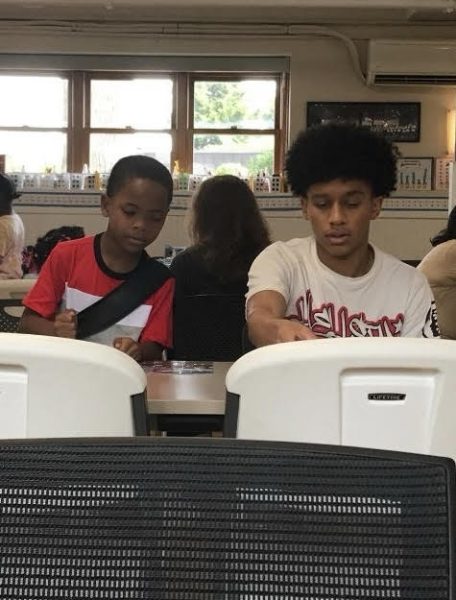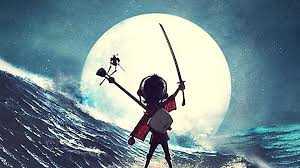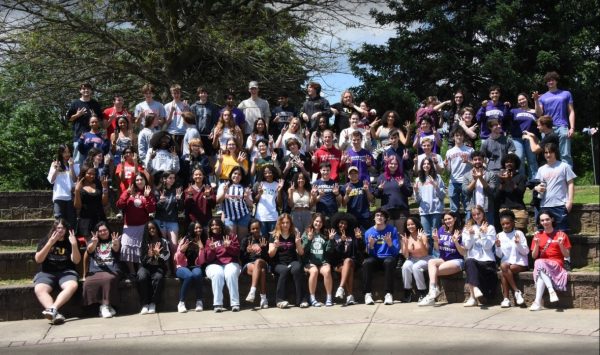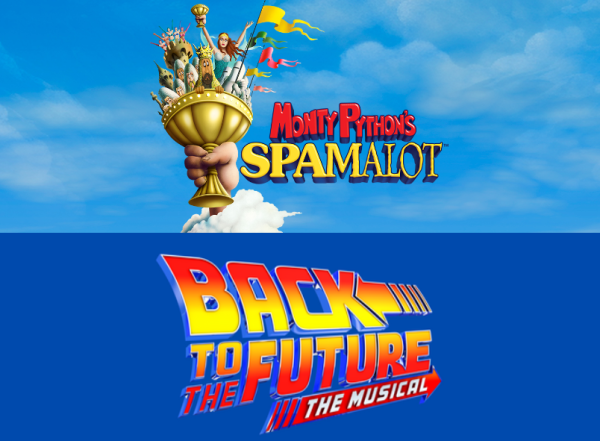“Little Hollywood”: Dangers for children within the entertainment industry
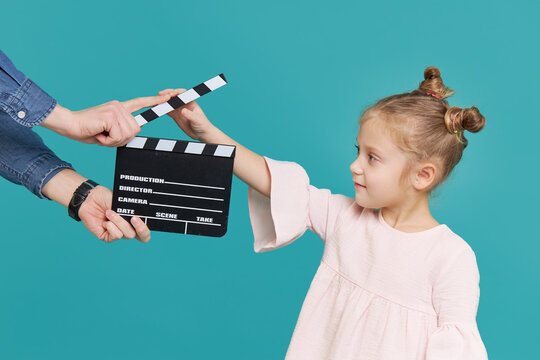
When I was younger, all I wanted was to be famous. I remember running home from my school bus stop everyday just to catch the hottest new episodes of my favorite Disney Channel and Nickelodeon shows, wishing it was me up on that silver screen. A large part of the appeal of these shows to me was the young actors in them; the way they dressed, talked, and acted both on and off the screen was what I and all my friends sought to replicate. Child actors were and still are able to cultivate strong fan bases of fellow children and adults alike, who admire and follow them from project to project. Memories of my friends and I playing “movie-star” emulating our favorite young stars at the time such as Selena Gomez, Miley Cyrus, and many more, display clearly in my mind, along with the yearning we had then to live their lives. As a child, it is easy to feel insignificant, and in the midst of developing, figuring out who you are, and your place in the world, the idea of fame and attention from millions of people provides a sense of belonging. However, as I grew up, I learned that notoriety does not come without a heavy price, proving to me that the life these stars lived, which I saw as idyllic, was not as glamorous and perfect as it seemed.
I recently read the book “I’m Glad My Mom Died,” a memoir written by a child actor whom I used to idolize as a kid: Jennette McCurdy. The book has stuck with me for months, not just due to its strong entertainment value or well-written anecdotes, but mainly due to the shock and surprise it evoked in me, learning that the perfect life of fame I viewed McCurdy having as a child couldn’t have been further from the truth. In it, McCurdy details her life, as described by the New York Times, “under the stringent control of her mother,” in which she was forced by her into a life of fame within the entertainment industry, despite being a mere 6 years old at the time of her first audition. McCurdy tells of her mother controlling what and how much she ate, which ultimately sparked an intense eating disorder in her. Her mother also determined who she could or could not surround herself with, even as she began to grow independent as a teenager. Beyond all the issues with her mother personally, McCurdy felt trapped and controlled in an industry that she never even consented to or asked to be a part of in the first place. She details the “eating disorders and anxiety triggered by the constant attention she received as a celebrity” (New York Times), as well as the expectations she felt as young as twelve to support her entire family as their largest source of income. Jennette is not alone amongst the long list of child actors who have spoken out about the mistreatment, pressure, exploitation, and anxiety that come with being a young person in the entertainment industry, highlighting that the life of an actor is not meant for a child.
Children have been present in the acting industry since the very beginnings of Hollywood, leaving thousands of children with tremendous struggles throughout their lifetime. Judy Garland to many is known as Dorothy from the timeless classic “Wizard of Oz,” and yet her legacy is tainted as a young life ruined by an industry who put its own success over the well beings of the children who worked within it. As stated by Timeline, success for Garland meant “strict contracts, morality clauses, and minimal child labor laws, and working six days per week with 18 hour shifts.” In addition, many child actors in early Hollywood were fed “pep pills,” amphetamines meant to keep them productive and wide awake for these excruciatingly long shifts. The Guardian calls Garland’s story “a cautionary tale for kids who might venture on the big screen,” a life gone too soon due largely to an industry and media who failed her.
When speaking of the unfortunate cases of child actors “going crazy” later in life, we as a society tend to pass judgment and ridicule without fully understanding what got them to this point. Former child stars such as Macaulay Culkin and Lindsay Lohan have had their hardest times publicized and judged by the general public as well as the acting industry, despite that very industry being the root cause for many of their struggles. Before passing judgment on individuals who were forced to sacrifice their childhoods and suffer immensely, ultimately having tremendous issues later in life, we must look at their stories as cautionary tales to prevent any other children from enduring what they did.
In many ways, child performers in the industry are simultaneously “overdeveloped and underdeveloped,” as stated in an article from Psychology Today. Child actors are often pampered and therefore unable to learn proper life skills from a young age, while also being exposed to the dark sides of the industry: substances, evil elites, abuse, sex, and many other things that ultimately alter their development. The article further states that “due to the very nature of show business, young actors are forced to constantly cope with rejection, jealousy, self-scrutiny, and the non-stop need to be perfect.” When a child is placed in an environment where they are forced to grow up extremely quickly and seemingly live the life and job of an adult, it dramatically alters their development. This skewed development places many child actors at “a very high risk of becoming emotionally unstable, and drug, alcohol, and sex abusers” (Psychology Today) later in life. Children in the industry may begin to feel extremely isolated from their family and friends, being placed on too high a pedestal to be around “normal people.” In addition, many kids’ safety and privacy have become an issue, facing stalkers, sexualization, and having every moment of their lives publicized. It is huge how these issues will affect a child actor in their development, altering their lives for good.
In displaying the many issues, dangers, and problems that come with being a child in the entertainment industry, one may wonder what measures and laws are put in place to protect them. Wrapbook describes child actor labor laws as being “strict, complex, and exhaustive,” as they are meant to protect the most vulnerable demographic from mistreatment in Hollywood. One notable law is the Jackie Coogan Law, which states that 15% of the money a child makes from their work must be put aside in a trust that only they can access when they are of age, ultimately preventing abusive adults from exploiting their children for monetary gain. As for limits on hours, each age group has different limits set for the time in which they can work, with children under 6 months only able to be on set for 2 hours and work for 20 minutes, whereas children between the ages of 9 to 16 cannot work more than 5 hours in a given day (The Kaufman Law Firm). While the laws protecting minors in the entertainment industry have improved tremendously since the times of Judy Garland and Shirley Temple, they do not fully protect children from the potential dangers within that world.
Increased awareness of the problems with children within the entertainment industry has resulted in more and more people questioning why the concept of children working the jobs of adults has become so normalized throughout history. Social media has served as a place for people to voice their concerns on the issue, but on the flip side, it has also made the lives of child actors today far more difficult. Platforms such as Twitter, Instagram, and TikTok give potential predators increased opportunities to sexualize and connect with these children, as well as open the door to unsavory criticism from the general public. Seen with young actors today, such as Millie Bobby Brown of Stranger Things fame when her body was heavily objectified following a press tour for the show in 2017; social media compromises the safety and security of these children in a way we have never seen before.
Furthermore, I ask not only the industry, but our society as a whole to reconsider the way we view these actors as what they are, children, rather than a mere means to profit and entertainment. As the same horrors that Judy Garland faced as a minor continue to plague more recent child actors such as Jennette McCurdy, it shows that systematic change for the protection of child actors within the entertainment industry, beyond loose regulations, is necessary. This all proves that the life of a child in the entertainment industry is not as glamorous or amazing as the way I viewed it as a kid.
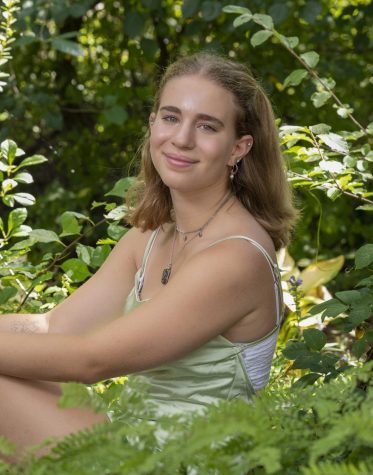
Hi Everyone! My name is Ella Gincherman, this is my 10th year at SSFS and 3rd year on Wildezine. I am so excited to not only be serving as a staff writer...


